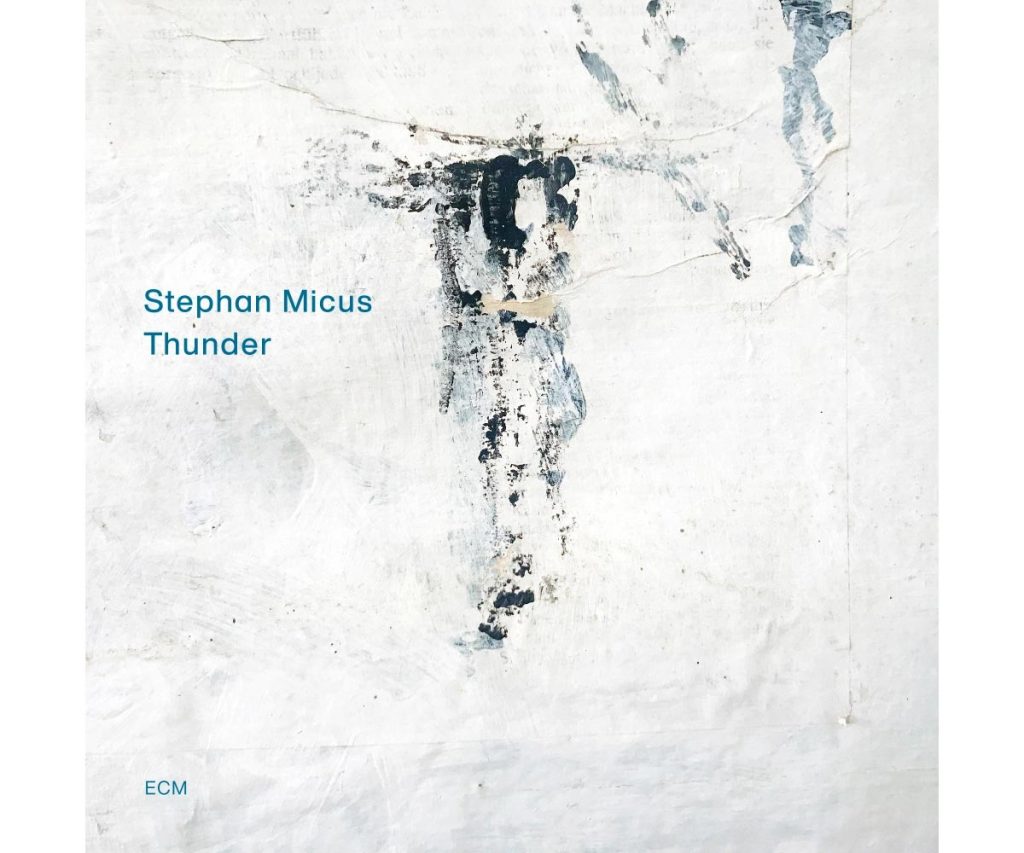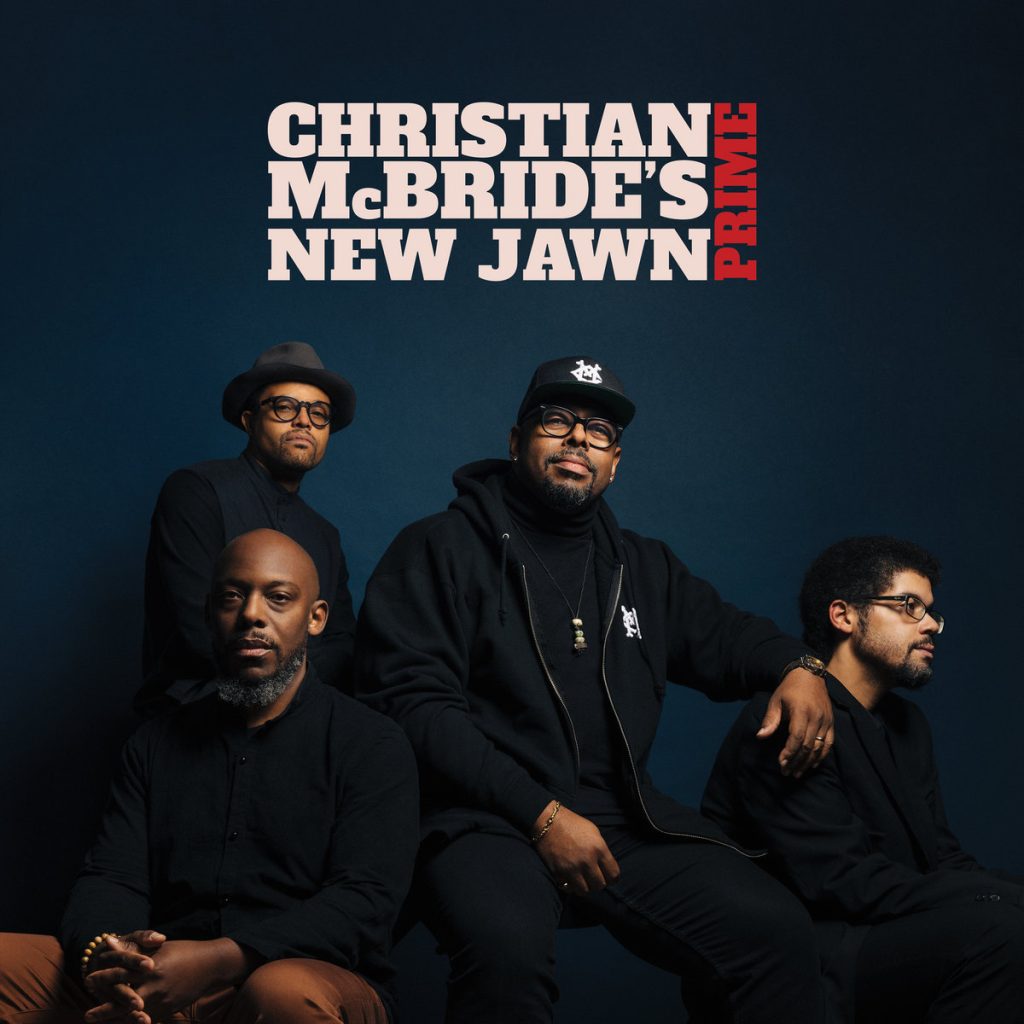DJ and broadcaster Gilles Peterson’s exploration of the Warner Music archive has led him to a standout album from a real jazz innovator. For a particular reissue on his Arc label, Peterson has personally chosen Yusef Lateef’s Detroit Latitude 42° 30′ Longitude 83°, an album of uncooked, funky blues and soul jazz that captures the extraordinary, city density of the motor metropolis itself, Detroit, town Lateef grew up in.
By the time Lateef got here to document Yusef Lateef’s Detroit for Atlantic Records in February 1969, he was a well-established and highly-regarded multi-instrumentalist who had, for the reason that mid-Nineteen Fifties, minimize a extremely particular person furrow in jazz. Recording for quite a few labels together with Savoy, Argo, Prestige, Riverside and Impulse. He was a progenitor for what many now name ‘non secular jazz’ and ‘world music’, mixing jazz, people, blues, and gospel, with funk, free improvisation, classical, meditative and Eastern musical types; he by no means felt constrained by any musical dimension or stylistic limitation.
On Yusef Lateef’s Detroit, Lateef is joined by a band that includes a few of the most interesting jazz and funk gamers of the period together with Cecil McBee and Chuck Rainey on bass, Bernard Purdie and Roy Brooks on drums, Ray Barretto and Albert ‘Tootie’ Heath on percussion, and Jimmy Owens and Thad Jones on trumpet. The session was produced by Joel Dorn, famous for his landmark work with Roland Kirk, Eddie Harris, Roberta Flack and plenty of others.
On some tracks, the heavy soul jazz is augmented by a string part, as heard on the primary observe, Bishop School. They add a dramatic texture to the pumping bass pushed groove, the stabs of brass and Lateef’s pressing flute. It may simply be the theme to a gritty cop thriller or Blaxploitation flick. Things chill a little bit on the down-home soulful blues of Livingston Playground, a languid funk-drenched crawl by means of late night time Detroit. Lateef is again on the flute for Eastern Market because the band construct in depth, the horns riffing and the drums and percussion driving the dense, churning rhythm of the road whereas Lateef lends vocal phrases, calling out the wares and costs of the market. Belle Isle is pure proto jazz funk, a observe that might convey the warmth to any jazz dance battle whereas, on Russell and Elliott, Eric Gale’s guitar slips out a down and soiled head-nodding groove as Lateef’s horn smokes a cool blues.
These and the opposite tracks on the album showcase Lateef as he additional develops his sound, transferring away from the meditative, non secular sound that had characterised a lot of his writing within the 50s and early 60s, right into a extra gritty, city soul jazz vibe.
Yusef Lateef’s Detroit Latitude 42° 30′ Longitude 83° has been remastered from the unique analogue grasp tapes by multi-Grammy successful engineer, Bernie Grundman (Steely Dan, Michael Jackson, Prince) and is pressed on 180g vinyl. It is introduced in a precise copy of the unique art work with extra sleeve notes written by Dexter Gordon’s widow, Maxine Gordon, a detailed good friend of Lateef who remembers the interval when ‘Brother Yusef’ made the album.
The publish Gilles Peterson’s Arc Label to reissue Yusef Lateef’s 1969 album Detroit Latitude 42° 30′ Longitude 83° appeared first on Decoded Magazine.


